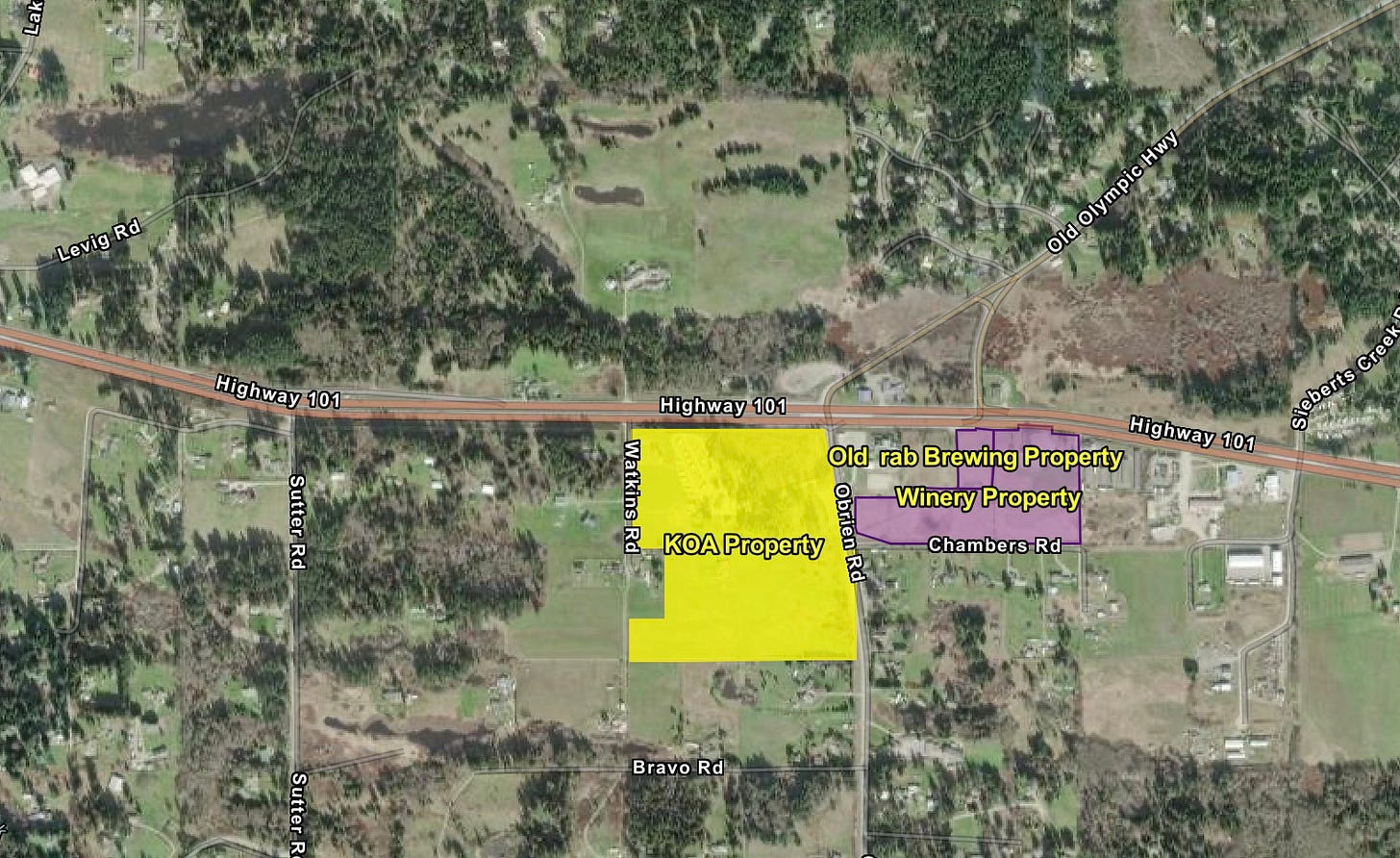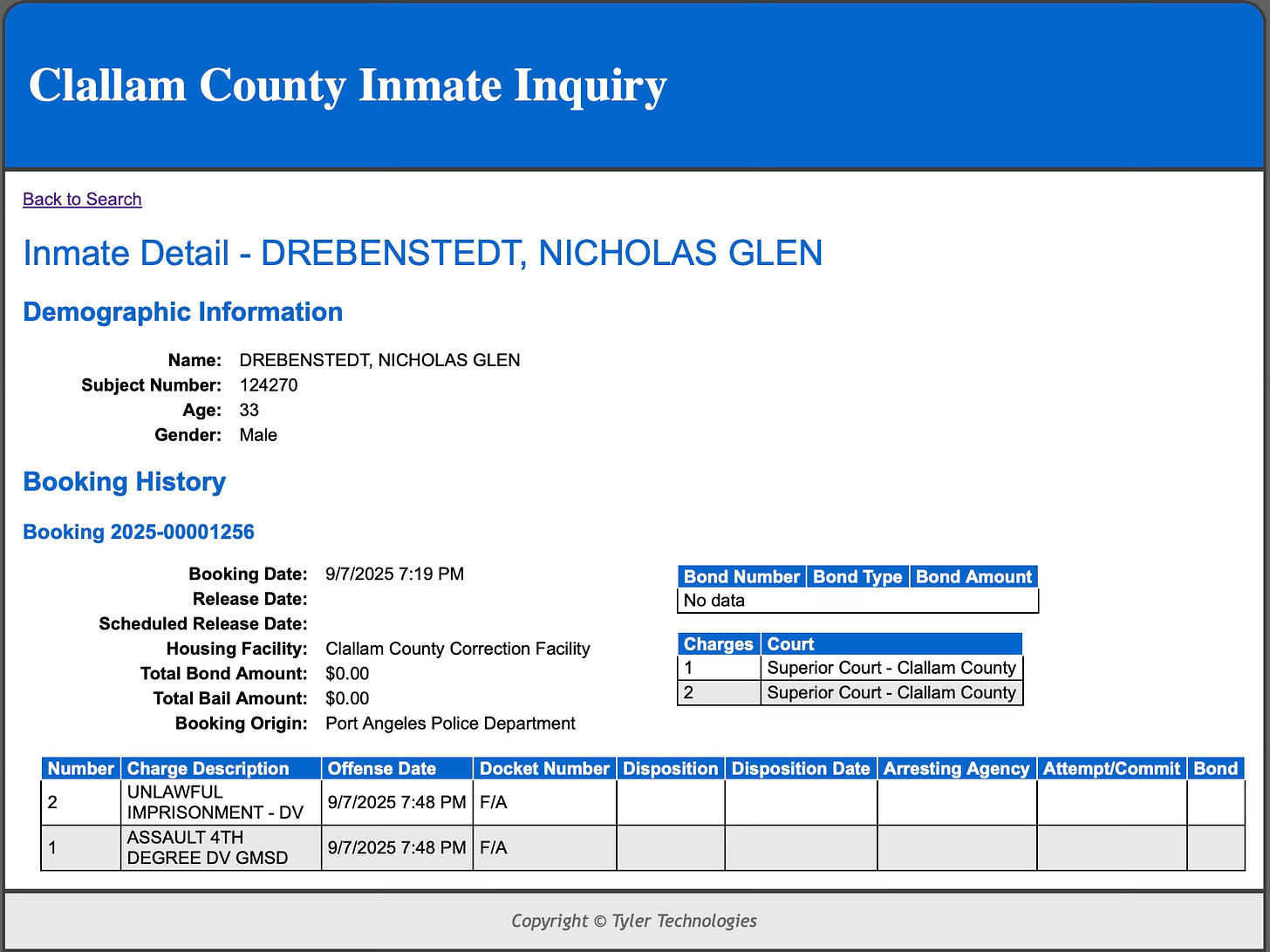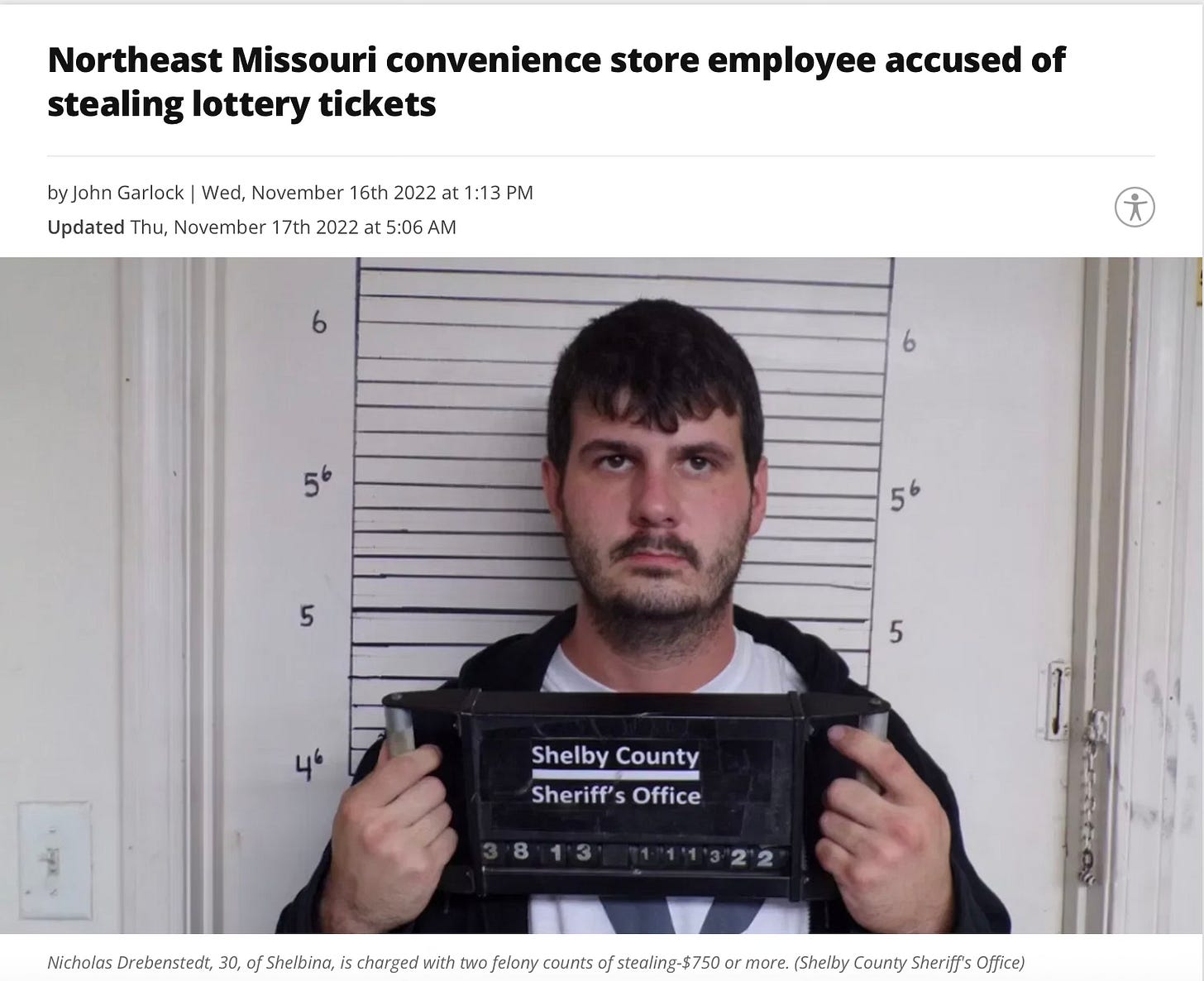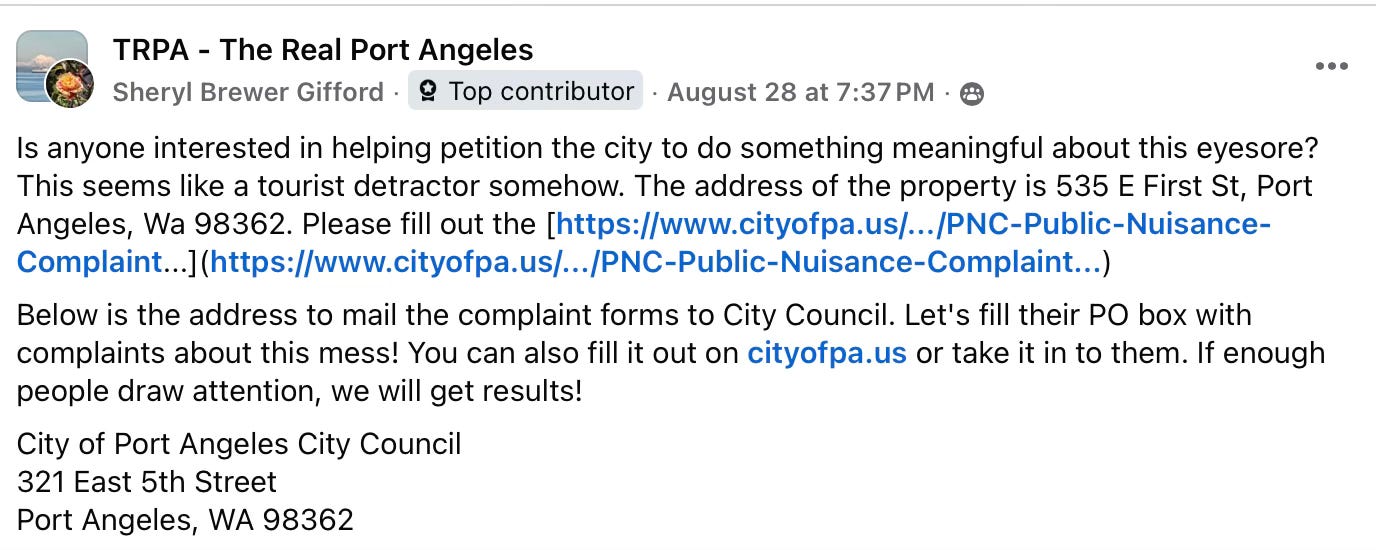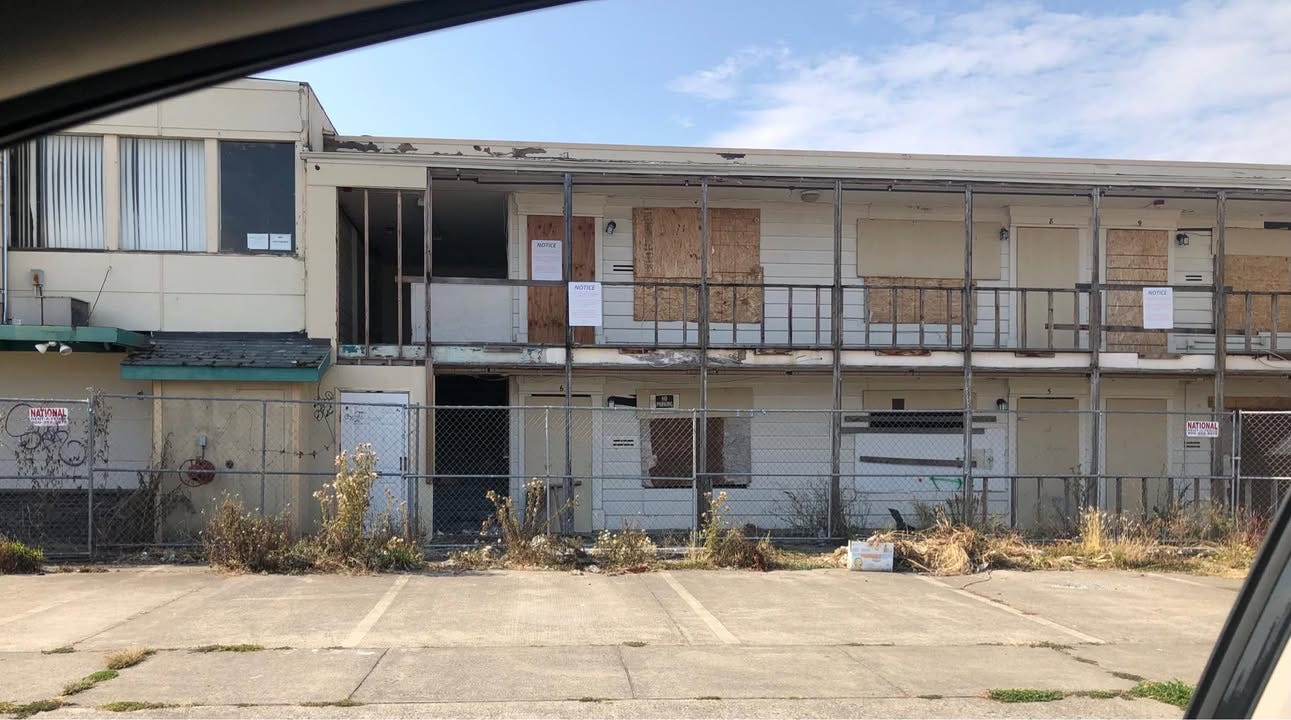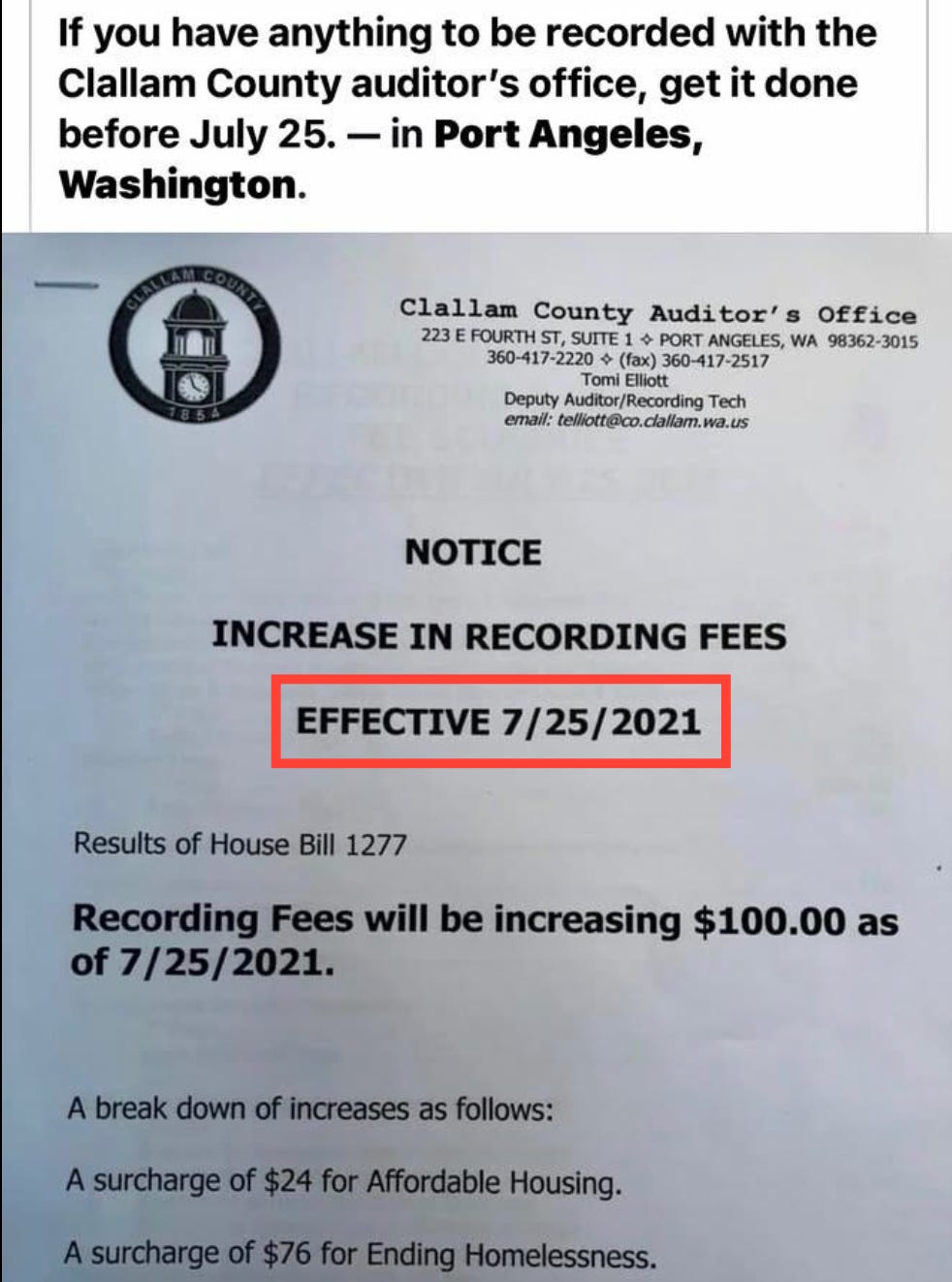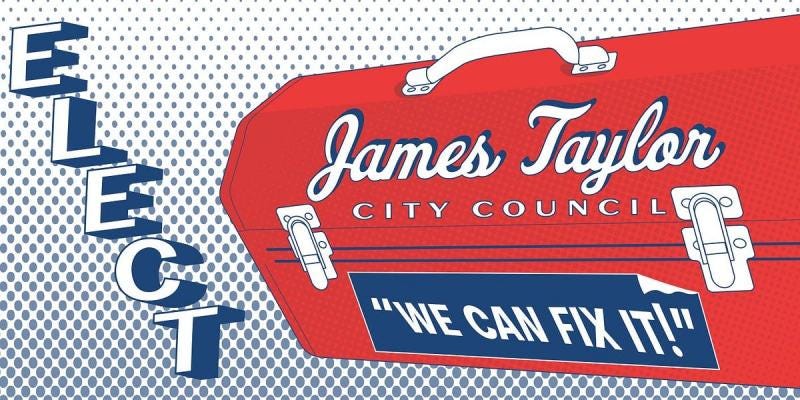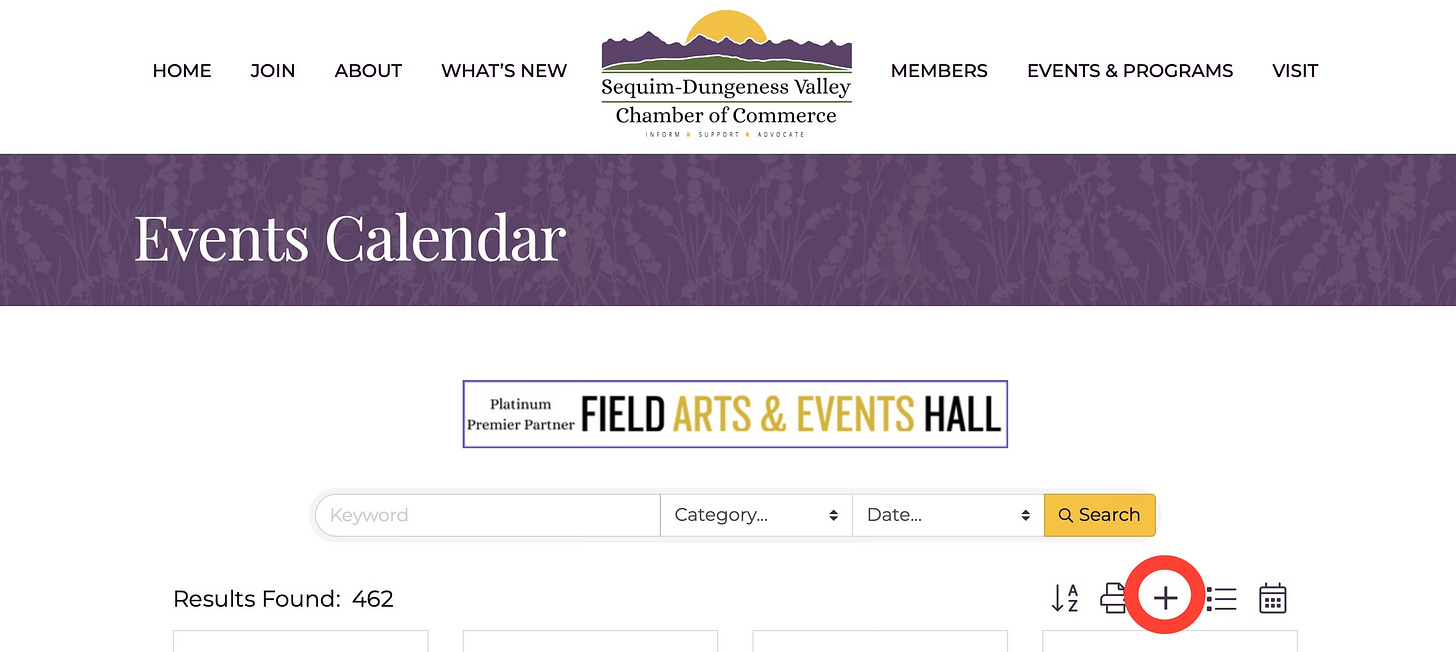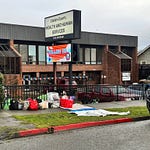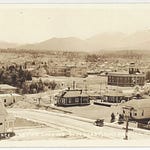When residents are told that taxes must rise, services must shrink, and “equity” must always come before fairness, it’s worth asking: who really benefits? These ten stories from around Clallam County shine a light on contradictions in government, nonprofits, and policy—where good intentions often mask costly outcomes.
Jamestown’s growing footprint
Olympic Cellars, the historic winery on Highway 101 between Sequim and Port Angeles, now appears to be “Under Contract” with a purchase and sale agreement. According to the Jamestown S’Klallam Tribal Properties webmap, the likely buyer is the Tribe itself.
That interactive online map is a fascinating window into how the Tribe operates. It lists every category of ownership—land already in trust (and therefore tax-free), land pending trust, land in fee status, and land under contract. It includes links to the County Assessor’s page so you can see how much the Tribe is (or isn’t) paying in property taxes. Recent entries include parcels in Diamond Point, off River Road in Sequim, and even civic spaces like the Dungeness River Nature Center. Individually, these transactions look ordinary. Collectively, they paint the picture of a monopoly in the making.
Why does it matter? Because every parcel taken off the property tax rolls increases the tax burden on the rest of us. Every time the Tribe buys a competitor in hospitality, gaming, or even wine, they sidestep the taxes, fees, and regulations other businesses must shoulder. Competing against that is like entering a boxing match where one fighter has to wear weights on his wrists while the other floats free. The scoreboard isn’t fair, and everyone else in Clallam County is paying the price.
Theft rising, businesses closing
Six Fred Meyer stores in the Seattle area are shutting down—not because customers stopped shopping, but because theft and security costs devoured the profit margin. It’s a striking reminder that when crime is normalized, even major retailers can’t absorb the losses forever.
Port Angeles had its own recently when thieves used a stolen truck to yank an ATM out of a convenience store at First and Albert. The suspects ripped the back door off the building, dragged the ATM into the alley, and then abandoned both the truck and the machine. Police recovered the stolen property, but the thief escaped. The store, meanwhile, is left with tens of thousands in damage and repair bills.
Large retailers can sometimes cut their losses and move on, but for local businesses, that’s not an option. Every repair, every higher insurance premium, and every theft that isn’t covered must either be absorbed or passed onto customers. That means higher prices in an already struggling county. And if even Fred Meyer can’t keep its doors open in the face of theft, what chance does a family-owned store in Clallam County really have?
County policy adds insult to injury. By handing out free syringes, pipes, and “harm reduction kits,” taxpayers are effectively supplying the tools for illegal drug use—without ever addressing how the drugs themselves are purchased. It doesn’t take a criminologist to see the pattern: addiction drives theft, theft fuels addiction, and the cycle repeats. Compassion is not giving away the tools of destruction while ignoring the cost to victims.
Firefighters or felons? The Border Patrol arrest
At a recent county commissioners’ meeting, District 3 resident Ellen Menshew claimed that Border Patrol agents had “arrested firefighters” at the Bear Gulch fire near Lake Cushman, jeopardizing emergency efforts. The Peninsula Daily News had already reported that the detained individuals were not firefighters at all, but contractors cutting firewood near the fire line.
According to Seattle media, one of those contractors turned out to be a Mexican national with a conviction for methamphetamine distribution. Far from hindering firefighting, Border Patrol agents removed a convicted drug trafficker from the scene.
In a region where addiction is quietly tolerated and even subsidized under the banner of “harm reduction,” the drug supply chain is rarely discussed. But without distributors, there are no drugs. Without drugs, there are fewer overdoses, fewer thefts, and fewer ruined lives. The real interference isn’t law enforcement—it’s local leaders turning a blind eye to the system that keeps meth on our streets.
From Missouri to Clallam County
Clallam County’s jail roster is no stranger to repeat offenders, but the arrival of Nicholas Glen Drebenstedt raises the question of why the Peninsula seems to attract them. Drebenstedt, 33, was booked last weekend for unlawful imprisonment and fourth-degree domestic violence assault. But his record stretches far beyond Washington.
In 2022, Drebenstedt was charged in Missouri for stealing thousands of dollars in lottery tickets from his employer. Not only did he swipe the tickets, but he also cashed in nearly $1,600 in winnings from those stolen stubs. Court records reveal previous felony convictions for forgery and burglary.
Now, two years later, he’s here in Clallam County. Why here? Perhaps because, unlike other communities, Clallam has built a reputation as a place where “services” for repeat offenders are abundant. Free meals, free housing, free bus rides, free healthcare, and even programs that prioritize the chronically incarcerated. Local leaders sell it as compassion. In practice, it works more like a recruitment ad for criminals looking for a softer landing spot.
The Tempest still haunts Port Angeles
The Tempest Apartments were once hailed as a breakthrough in permanent homeless supportive housing. Two years later, they were shuttered in disgrace—plagued by police calls, fires, and even reports of residents defecating out of the windows. Today, the hulking building still looms over First Street, a boarded-up eyesore that drags down the entire downtown corridor.
A Facebook post circulating recently urged residents to act: file nuisance complaints with the City of Port Angeles until something is done. Residents are increasingly frustrated that a facility backed by taxpayer dollars could so quickly become a blight, with little accountability for those who ran it.
That operator was Serenity House, which continues to run shelters and services across the County. Reports of overdoses at its other facilities are not uncommon, raising questions about oversight, accountability, and whether millions of taxpayer dollars are buying solutions or just perpetuating chaos. Compassion without results is not compassion—it’s negligence. And the Tempest still stands as the physical monument to that failure.

The $5 fee that funds “Diversity”
The Clallam Conservation District’s $5 per-parcel fee has sparked a grassroots opposition campaign. Local resident Jake Seegers is leading a petition drive urging commissioners to reject the tax, which is scheduled for consideration later this month.
Supporters argue that the fee funds basic government services like soil testing, water management, and conservation projects. But the CCD’s own Long Range Plan tells a broader story. Among its stated goals: expanding recruitment from “underrepresented communities,” annual diversity and equity training for staff and board members, and building a workplace that “represents the full diversity of the community.”
There’s nothing wrong with diversity, but when basic services like clean water and air are sold as the justification, residents deserve to know where their money is actually going. Commissioners describe the CCD as a lifeline. Yet if the “lifeline” includes DEI workshops and staff expansion while taxpayers are told it’s about water quality, that’s more than a funding issue—it’s a credibility issue.
Important Update
The County Commissioners have pushed back their decision on the $5 parcel fee to Tuesday, September 23. That gives residents a little more time—and a little more responsibility—to make their voices heard.
Petitions must now be postmarked by Thursday, September 18.
A Sequim-area drive-through signing event is set for Saturday, September 20 (details coming soon).
You can help by downloading and printing the petition, circulating it among friends, family, and neighbors, and mailing completed copies to:
Jake Seegers
69 S. Point Rd
Port Angeles, WA 98363
Four years later: Housing still unaffordable
In 2021, the state mandated that Clallam County increase recording fees by $100, promising the revenue would go toward affordable housing and ending homelessness. Four years later, housing is more expensive than ever, and local encampments are multiplying.
The logic was simple enough: tax real estate transactions, use the revenue for affordable housing, and homelessness will decline. The reality? The visible homeless population grew. In effect, the policy made it more expensive for working families to buy homes while failing to deliver results for those on the street.
It’s a cycle we’ve seen before: government imposes new fees or taxes in the name of solving a crisis, the crisis worsens, and the only solution offered is more money. Residents should ask whether the problem is a lack of funding—or a lack of accountability for how those funds are spent.
Open meetings—or closed doors?
Transparency in government isn’t just a slogan—it’s the law. Yet city council candidate James Rocklyn Taylor is raising concerns that the Port Angeles City Council may have violated the Open Public Meetings Act (OPMA) when filling a recent vacancy.
Taylor, who applied for the position, said he later heard from a sitting council member that they “decided not to vote” for him or fellow candidate Marolee Smith because both are currently running for council in November’s election. That admission suggests council members coordinated their decision outside of a public meeting. If true, that would be a textbook OPMA violation.
Governor Bob Ferguson once said, “Transparency in government is a cornerstone of democracy.” Residents of Port Angeles should ask: if council members are willing to skirt the rules when filling a vacancy, what other decisions might be happening behind closed doors? The November election gives voters the chance to choose transparency—or tolerate secrecy.
Subscribe to Taylor’s blog and buck that status quo.
Habitat and the equity question
Habitat for Humanity of Clallam County insists its new “Native American Housing Liaison” position isn’t designed to privilege one group over another. Yet the organization still refuses to release the job description. Transparency, in theory, should be easy—if the role is fair, prove it.
Meanwhile, Habitat for Humanity International loudly celebrated a $22 million federal grant, matched with $67 million in commitments, to promote racial equity through housing initiatives nationwide. The grant promises new jobs, DEI consultants, and “advancing racial equity” through 50 sub-grants.
The contradiction is hard to ignore. At the local level, residents are told the Liaison role isn’t about racial preferences. At the national level, the same organization openly ties its funding to racial equity initiatives. Both can’t be true. Residents who support Habitat’s mission of building homes deserve clarity on whether the priority is housing families—or advancing a political agenda.
Chamber clarifies
In an era when many organizations pick sides, the Sequim-Dungeness Valley Chamber of Commerce is taking a different approach: neutrality. After facing criticism from a recent CC Watchdog article for “promoting” political events, Executive Director Beth Pratt clarified that the Chamber’s event calendar is open to all community submissions—members and non-members alike.
Pratt explained:
“The Chamber's events calendar is a community calendar. One of our primary actions at the Chamber is to provide information, and I think of the events calendar as a key piece of this. We do not data enter the calendar ourselves but rather invite members and non-members alike to add their public facing events themselves. On the website, there is a little "+" at the top of the calendar page - clicking that gets you to the form to add your own event. By allowing events on our calendar from across the community, we do not consider ourselves promoters of those events. We instead consider that we are the hub for information about all that is happening across our region. The more events we can include, the more information our community can access.”
That commitment to open access may seem simple, but it’s increasingly rare. Government boards, nonprofits, and even local media outlets often act as gatekeepers—deciding which events or voices get attention and which do not. By standing as a neutral hub, the Chamber models fairness and transparency. In today’s climate, that’s something worth applauding.




